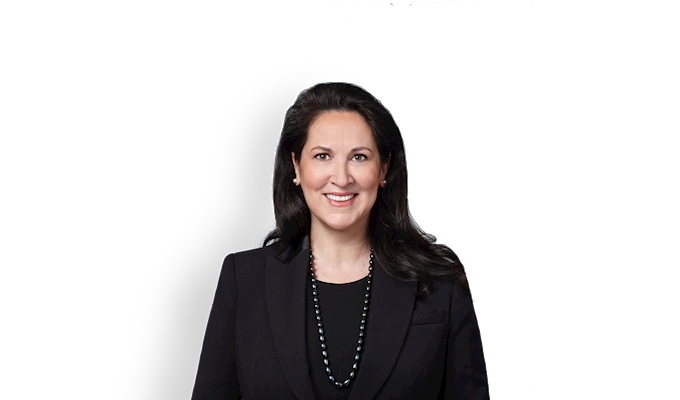On Jan. 29, 2021, the Government of Canada announced new COVID-19 travel restrictions to prevent further spread of COVID-19 throughout Canada. Full details of the new border measures and additional testing requirements are still in development, but it is clear that they will significantly impact how international travelers are allowed to enter Canada. Further details on these new measures will become available on the federal government’s COVID-19 information page in the coming days.
Restrictions on international flights
As of Feb. 3, 2021, international flights can only land at four designated airports: Montréal-Trudeau International Airport, Toronto’s Pearson International Airport, Calgary International Airport and Vancouver International Airport. This restriction includes private/business and charter flights from all countries, as well as scheduled commercial passenger flights from the United States, Mexico, Central America, the Caribbean and South America. Cargo-only flights and flights from Saint-Pierre-et-Miquelon are exempted.
All flights to and from Mexico and Caribbean countries have been suspended until April 30, 2021. The federal government is working with Canadian air carriers on this new measure, including on the issue of Canadians who are currently abroad.
New quarantine and test requirements coming
1. Air travellers
In the coming weeks, anyone arriving in Canada by air will be required to:
- Take a COVID-19 molecular test at their own expense upon arrival; and
- Reserve a room in a hotel approved by the Government of Canada for up to three days at their own expense while they wait for their test results.
Travellers will pay for their hotel stay, as well as all associated costs for food, cleaning and security. It is estimated that the hotel quarantine and COVID-19 test will cost travellers more than $2000.
Those travellers whose test results come back negative will be permitted to complete the rest of their quarantine at home, with increased surveillance. Those who test positive will be required to spend the entire 14-day quarantine in a government-designated facility, though this will be at no extra cost.
These additional measures do not replace the existing requirement that travellers take a pre-departure COVID-19 test before boarding a flight to Canada.
2. Land travellers
In the coming weeks, travellers coming into Canada by land will be required to take a molecular COVID-19 test 72 hours prior to arrival, with limited exceptions. At this time, there is no indication that land travellers will be required to reserve a room in a government-approved hotel.
Screening officers to verify quarantine locations
The mandatory 14-day quarantine is still in place for travellers. The Public Health Agency of Canada (PHAC) is working with security companies to help complete compliance checks for travellers arriving in Canada. Employees of these security companies were trained by PHAC and are authorized as Screening Officers under the Quarantine Act. These Screening Officers will visit travellers’ quarantine locations to establish contact, confirm identity and confirm that travellers are at the place of quarantine they identified upon entering Canada. While Screening Officers may provide compliance education or issue verbal warnings, cases warranting stronger enforcement action will be referred to PHAC and law enforcement.
Additional requirements in Ontario
Starting February 1, all international travellers arriving at Toronto’s Pearson International Airport were required to take a COVID-19 test upon arrival. As of February 3, Ontario’s provincial diagnostic lab network is screening all positive COVID-19 tests in the province for known variants within two to three days of initial processing.
Public health units in Ontario will be working to ensure cases and contacts are reached as soon as possible and monitored during their quarantine period. All asymptomatic contacts will be asked to repeat testing on or after quarantining for 10 days. Further, all contacts and symptomatic individuals will be asked to stay home until they receive a negative test result.
If you have further questions on these new COVID-19 travel restrictions and screening measures, reach out to your lawyer or any of the key contacts below.




